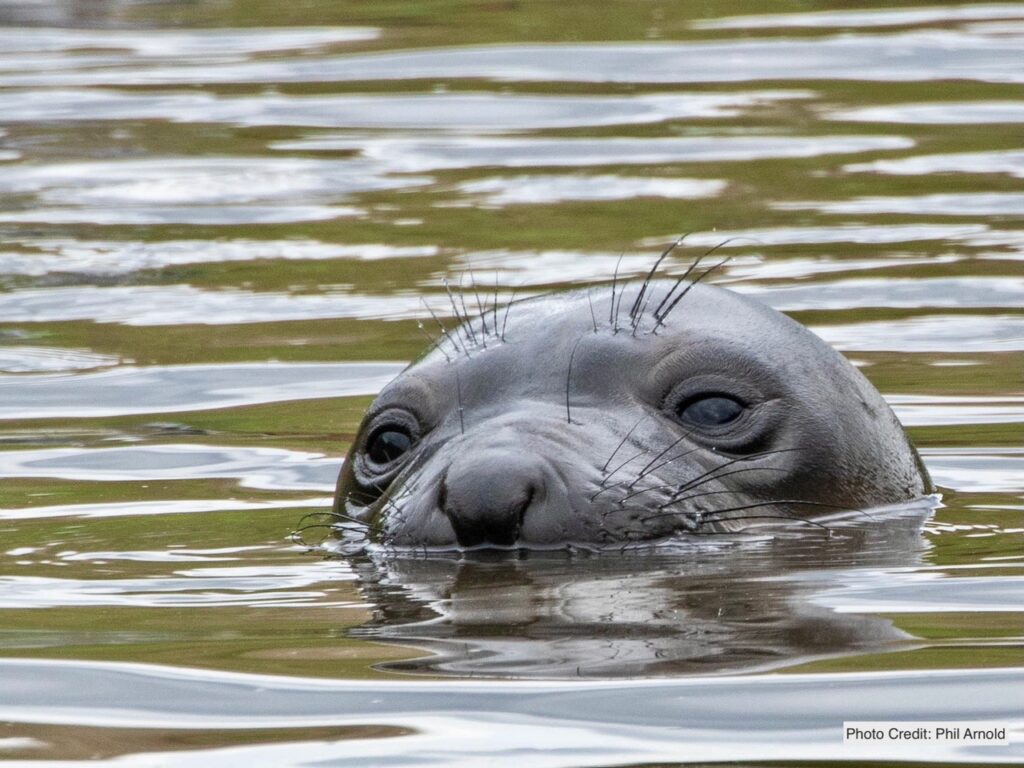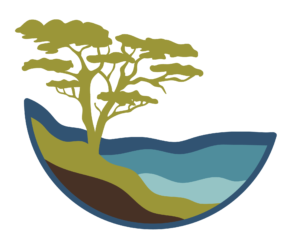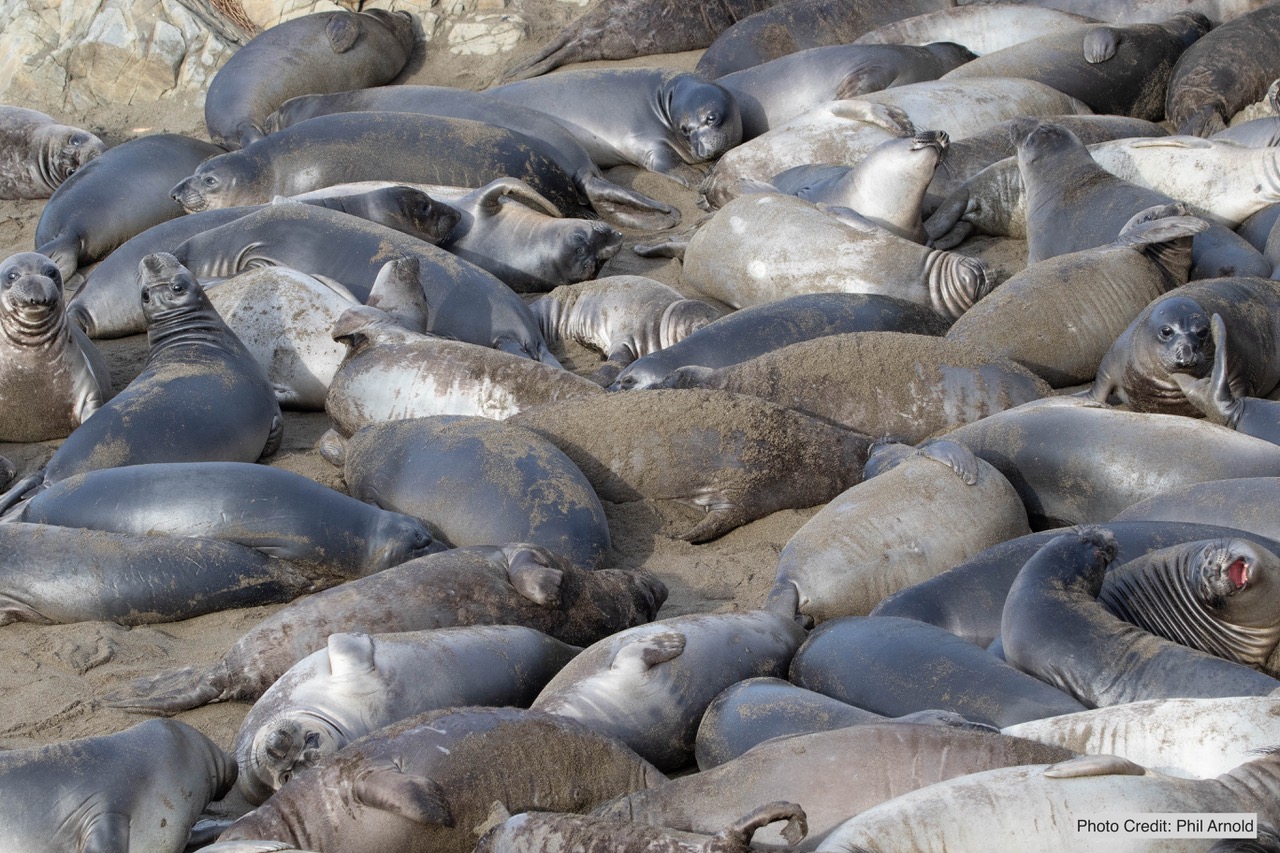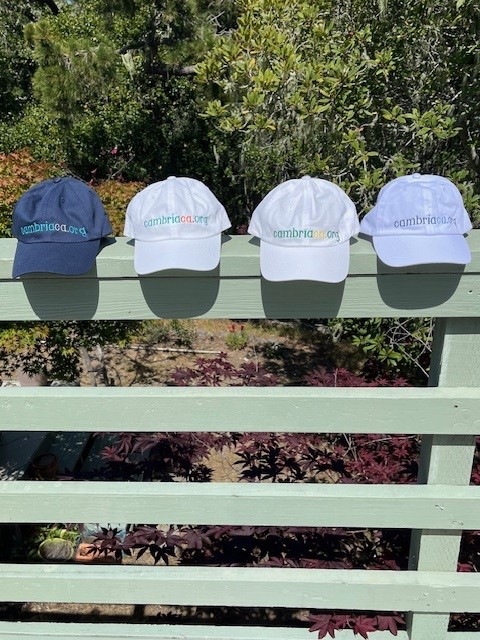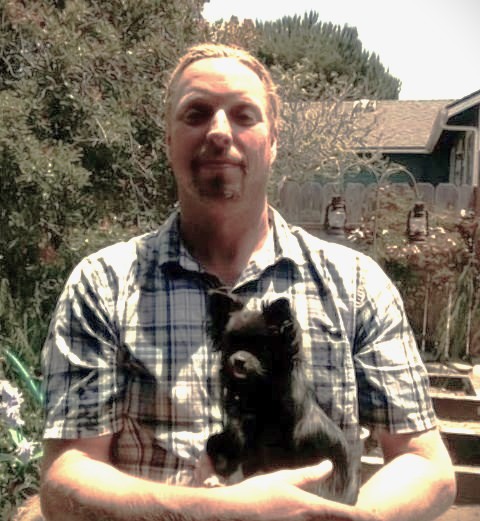By CARLA SWIFT
Visitors to the San Simeon elephant seal rookery during March and April will notice adorable pups huddled together on the beach or playing in the tidal waters, practicing their ocean-going skills. Most mothers have returned to the sea. Now, cut off abruptly from their mothers’ milk and left to live off their blubber, these weaned pups are entering the most critical time of their lives.
Like many folks do after the holidays, elephant seal pups are now exercising, slimming down, and becoming more physically fit. At birth, the huge ocean waves and high tides represented great risks to the newborns: risk of hypothermia and risk of drowning. But now that their mothers have returned to sea, survival demands that these weaned pups (“weanlings”) transition from land-lovers to ocean-going hunters.
While they look cute and lazy lounging on the beach, this is a critical period of development. During March and April their blubber sustains them as they learn to swim, dive and hold their breath for longer and longer intervals. New teeth grow in, new silver-gray fur replaces their dark natal coat, and their ability to store oxygen increases as they prepare to move from land to sea. And yes, they lose some weight since they are no longer being fed. Their next meal depends on successfully braving the cold ocean depths.
An astute observer may notice that some pups are plumper than others. A few audacious youngsters sometimes return to the harem and endure bites and snarls as they try to steal milk from any nursing female. If successful, they put on extra weight, becoming over-sized “super weaners” — so fat their flippers seem to barely reach the sand. These milk-bandits tend to be males, for whom size will be an advantage later in life when they compete for dominance.
On the other hand, a few undernourished and exhausted weanlings may come ashore on local beaches. Beachgoers who encounter a sick or injured marine mammal are advised to keep their distance. Any touching, poking, or disturbance increases the risk to a suffering animal. The Marine Mammal Center is ready to rescue and rehabilitate these animals. They are one phone call away: (415) 289-7325 (SEAL).
Of the two mainland rookeries, Piedras Blancas is the largest, providing an amazing opportunity for visitors to observe and learn about these animals, just a short drive north of Cambria. Look for the blue-jacketed guides who will share the fascinating facts and stories about elephant seals.
